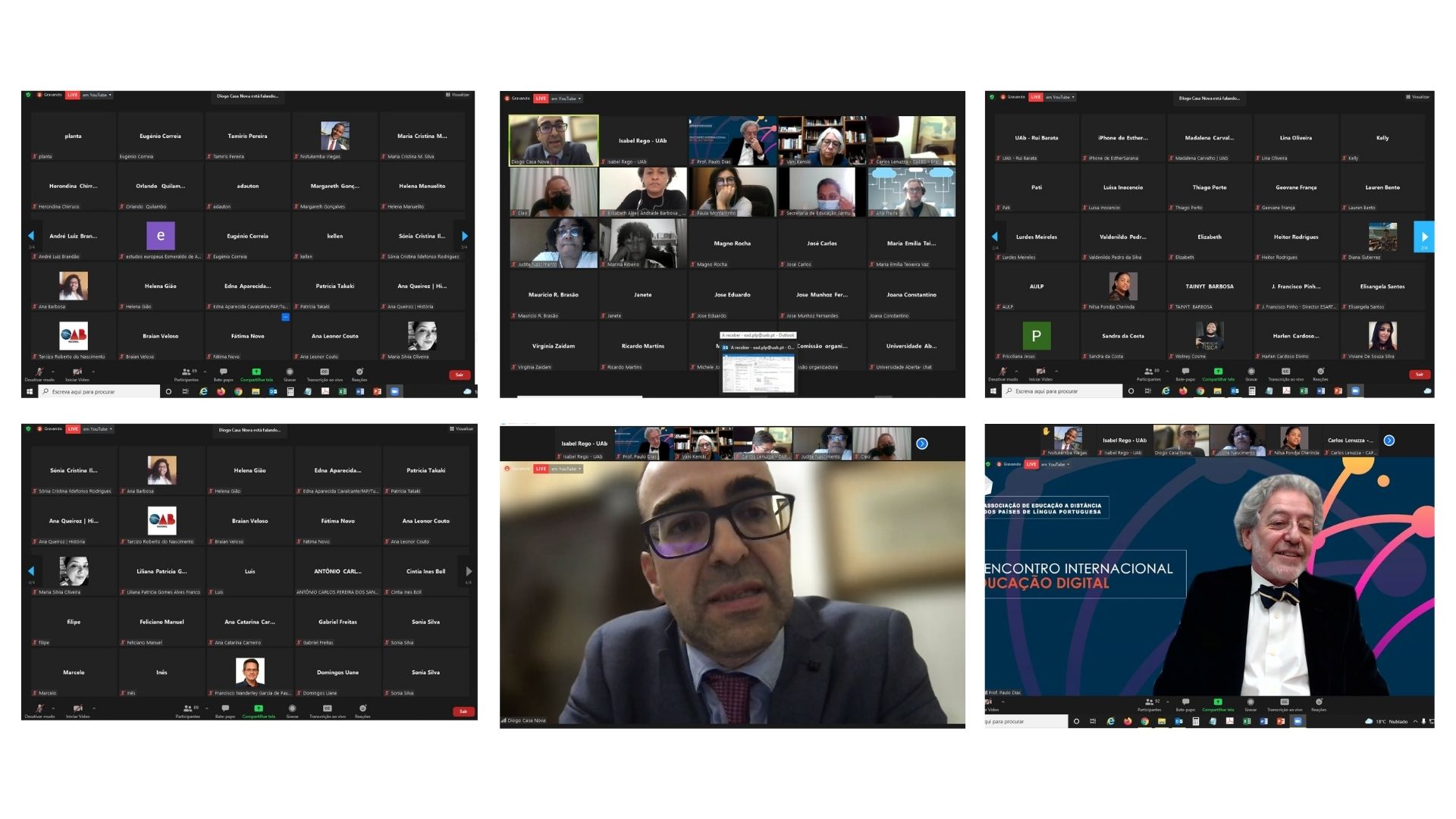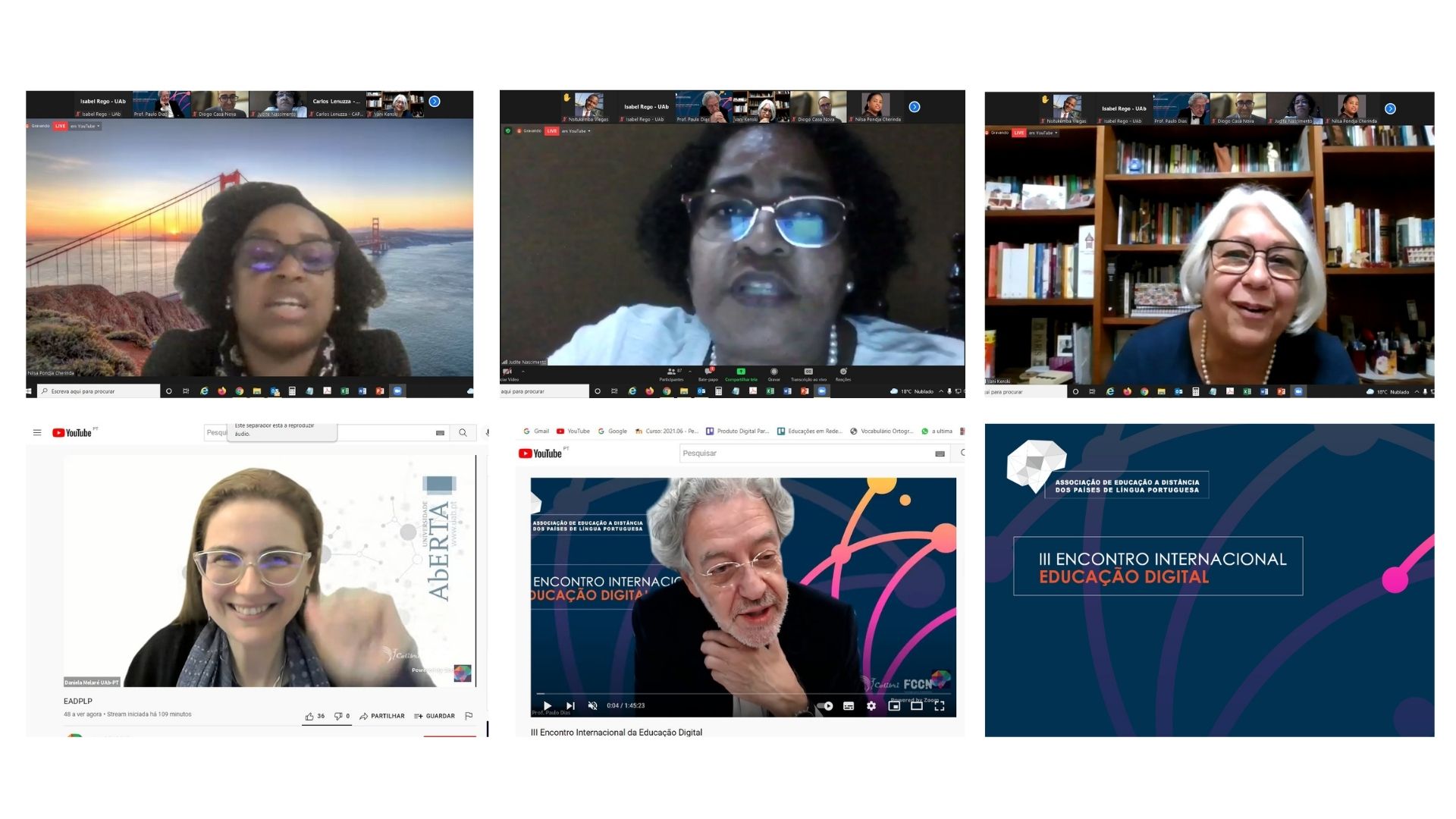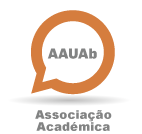The Association for Distance Education in the Portuguese-speaking Countries (EADPLP) organized its III International Meeting on the 18th November. The 2021 edition was held online and exclusively focused on Digital Education.
The Education concept is still rooted in the social reproduction of models used for builkding a normative society with defined professions and tasks. However, these models are in absolute contradiction with the dynamics of learning and knowledge networks in the Digital Society. Atually, two thirds of children starting their school live now will work in areas we still do not know today.
The Digital Education represents a greatest challenge for pedagogical innovation and the construction of sustainable networked knowledge communities.
The conference counted with the participation of speakers living in different geographies who share their knowledge, ideas and learning experiences, in particular those developed throughout the pandemic. Almost 9oo people from all over the globe registered to attend to the event and interact with the speakers.
Speakers:
- Judite Nascimento, Rector of the University of Cape Verde
- Vani Kenski, Professor at the University of São Paulo, Brazil
- Orlando Quilambo, Rector of the University Eduardo Mondlane, Mozambique
- Diogo Casa Nova, Vice-rector of the Universidade Aberta for Innovation and Quality, Portugal
Moderator:
- Paulo Dias, President of the Association EADPLP


The Association for Distance Education in the Portuguese-Speaking Countries was established in 2018 under the auspices of the Community of the Portuguese-Speaking Countries (CPLP) with the intention to create knowledge in Portuguese language for the Portuguese-speaking communities, a goal that implies an intense collaboration amongst the member institutions: the Universidade Aberta of Portugal, the University of Cape Verde, the University Agostinho Neto of Angola, theUniversity Eduardo Mondlane of Mozambique, the University of Sao Tome and Principe, the National University of Equatorial Guinea, the National University of East Timor and the Coordination for the Improvement of Higher Education Personnel (CAPES) of the Brazilian Ministry of Education.













